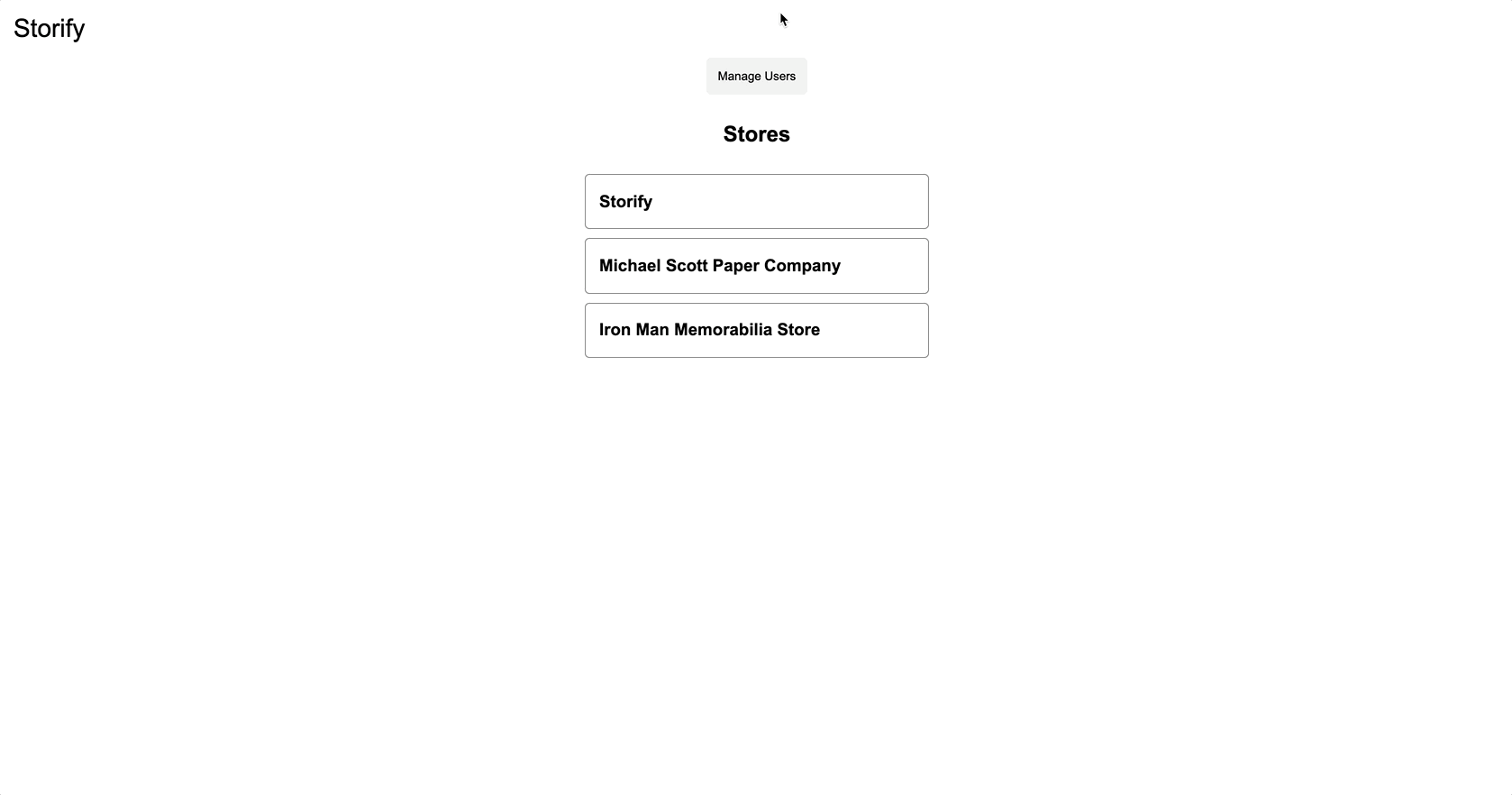Warrant Changelog - May 2022
Here's what we've been up to in May:
New set rules & operators
First up, Warrant now supports the 'allOf' (intersection) and 'noneOf' (not) set rules for object type relations, in addition to the already supported 'anyOf' (union) rule. This brings the Warrant authz service closer to the Google Zanzibar specification. Using these rules, you can create more powerful authz policies including those based on exclusion rules to prevent common issues like 'role explosion.' You can read more about the new rule types here.
